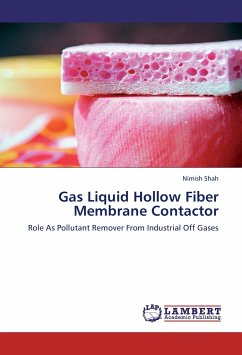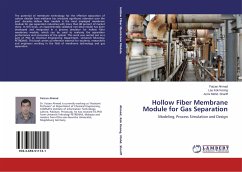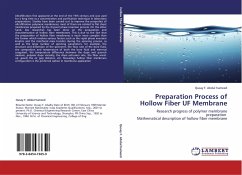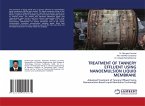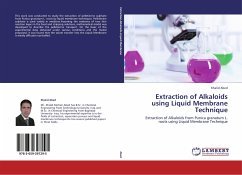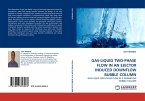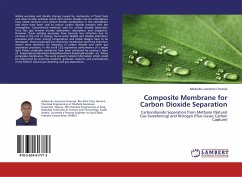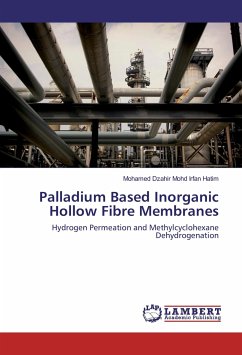The application of the microporous hollow fiber membrane contactor for gas absorption and stripping has gained considerable attention recently and is still a relatively new concept. In comparison with most membrane separation processes which use a dense selective layer on one side of the fibers, the microporous membrane used in the membrane contactor is not selective. Instead of the selective layer, a liquid flow is introduced in one side of the fiber that can absorb gas components physically or chemically. This leads to a higher mass transfer rate due to lower membrane resistance. Additionally, because there is no selective layer, a very small pressure drop across the membrane is required for mass exchange. Compared to the traditional columns membrane contactor has several advantages. Although the membrane wall introduces an additional resistance that does not exist in conventional towers, a higher specific surface area in these type of modules offers much higher mass transfer rates. These advantages have led to a number of investigations on the use of membrane contactors for gas absorption and stripping. Here we have studied its application for removing pollution from industrial
Bitte wählen Sie Ihr Anliegen aus.
Rechnungen
Retourenschein anfordern
Bestellstatus
Storno

